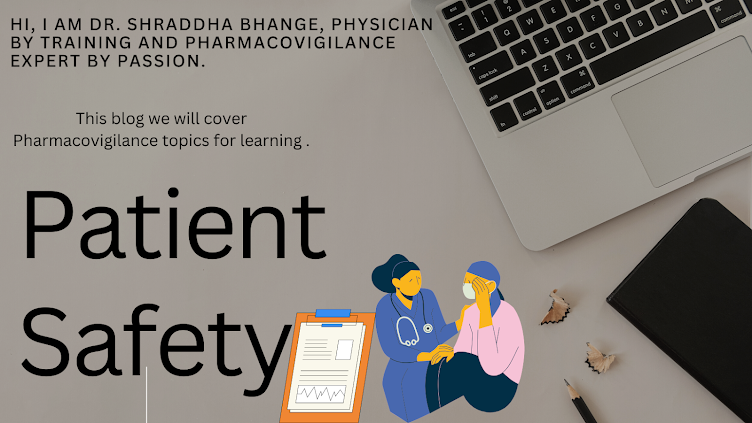Many a times when I interview fresher candidates for pharmacovigilance domain, I discuss if they know difference between adverse event, serious adverse event and adverse drug reaction. They seem to just mug up the definition, i.e know it from internet but when told to explain it, they fail, meaning no understanding of concept. In fact even though experienced professional seems to know it, we often forget the concept and remember the definitions only.
This is what i call the gap between understanding concept and knowing a concept.
Lets discuss terminologies AE,SAE and ADR as an example and there definitions from three regulatory guidelines where definitions varies but concept remains same . It is important to understand concept rather than just knowing the definition.
I have copied the definitions from various guidelines for discussion (Link below).
Adverse Event (or Adverse Experience): Any untoward medical occurrence in a patient or clinical investigation subject administered a pharmaceutical product and which does not necessarily have to have a causal relationship with this treatment.
In the above definition it is important to understand that they are talking about "untoward medical occurrence" hence if we have an reporter who reported an unexpected beneficial effect of the product which is not untoward, where would it be classified ? We will still capture it as AE but it will be discussed in "Benefit analysis" too.
Also point to remember , it says medical occurrence,so not only it can be an event but also an outcome, hence even when only death is reported we capture it as AE.
Adverse Drug Reaction (ADR) : (Definition for Clinical Trials)_all noxious and unintended responses to a medicinal product related to any dose should be considered adverse drug reactions.
Here. it is important to remember , it says at any dose, so we capture overdose, misuse, missed dose, underdose as AE's too. If we remember and understand this concept it is easy to understand the special scenarios as above and why they are captured as AEs.
Adverse Drug Reaction (ADR) : (Definition for Post Marketing)_ A response to a drug which is noxious and unintended and which occurs at doses normally used in man for prophylaxis, diagnosis, or therapy of disease or for modification of physiological function.
Here it specifies AE's are captured for any product be it a drug ,vaccine or device which are used not only as treatment but for prevention or even modification of physiological function.
Serious Adverse Event or Adverse Drug Reaction:
A serious adverse event (experience) or reaction is any untoward medical occurrence that at any dose: * results in death, * is life-threatening, * requires inpatient hospitalisation or prolongation of existing hospitalization, * results in persistent or significant disability/incapacity, or * is a congenital anomaly/birth defect.
The basic concept people often forget or confuse is life threatening and also congenital anomaly or defect. It is always a good idea to read about it in guidelines.
To add, lets also correlate, compare and see the definitions from GVP module annex I (Link below).
AE: Any untoward medical occurrence in a patient or clinical trial subject administered a medicinal product and which does not necessarily have a causal relationship with this treatment.
Additionally GVP is helpful as it clarifies more as below:
An adverse event can be an abnormal laboratory finding, hence we capture AST/ALT increased as AE even if they are asymptomatic, adverse event can be an symptom, hence we capture stand alone fever,nausea,vomiting as events despite knowing they can sometimes be captured as standalone diagnosis or they may not have a diagnosis, or adverse event can be an disease temporally associated with the use of a medicinal product.
UMC (Uppsala Monitoring Centre) (Link below) also provides definitions described below. They also convey the same meaning, hence the concept remains same, but understanding it and knowing them all together is critical so as to apply it in daily operations.
One interesting point is UMC also defines adverse effect. Hence we can now see, why we capture lack of effect cases as well!
Adverse drug reaction (ADR): A harmful effect suspected to be caused by a drug.
Adverse effect: A negative or harmful patient outcome that seems to be associated with treatment, including there being no effect at all.
Adverse event: Any negative or harmful occurrence that takes place during treatment, that may or may not be associated with a medicine
References:
Written by:
Dr.shraddha Bhange.
Connect with me Via comments below or on linkedin. (I do not respond to Facebook messages)
Support the cause of better rural education with me:ThinkSharp Foundation http://thinksharpfoundation.org/#home


Well written Shraddha.
ReplyDeleteMarginal differences have been very well explained Shraddha. Keep blogging 👍
ReplyDelete